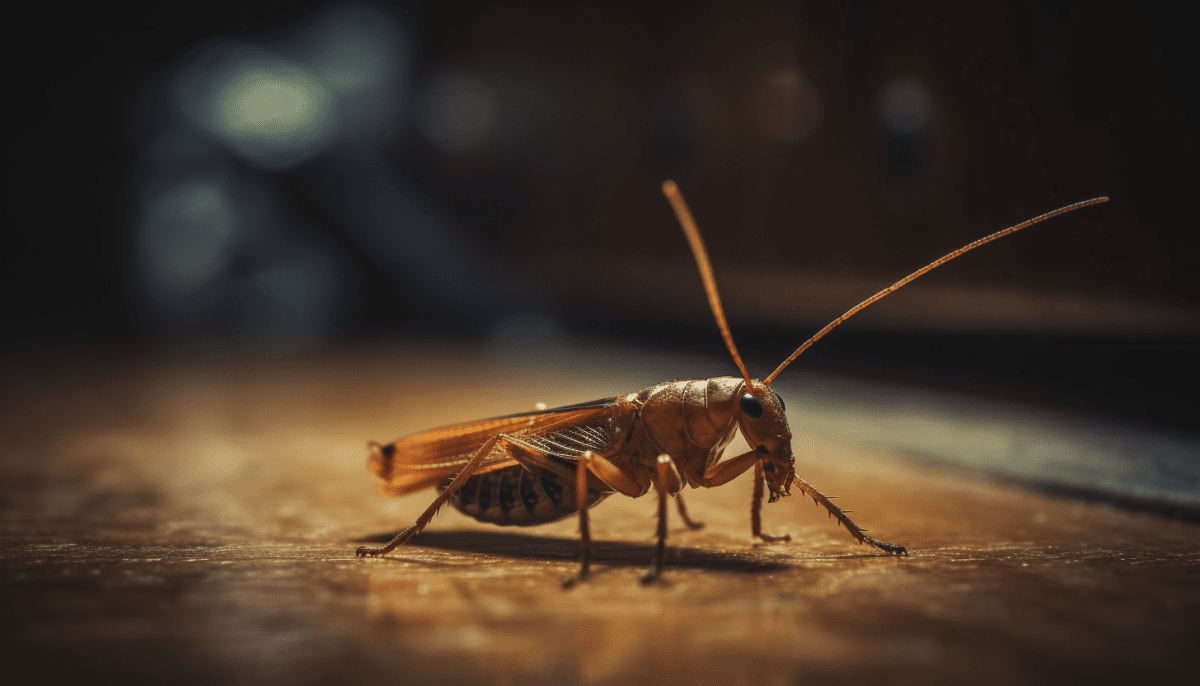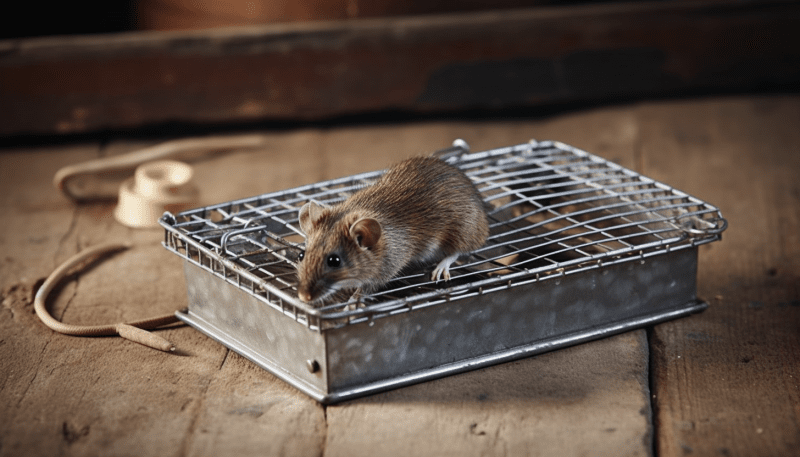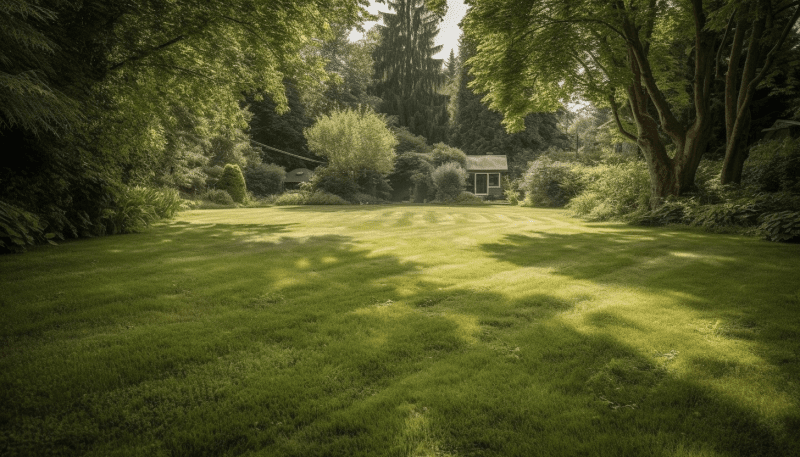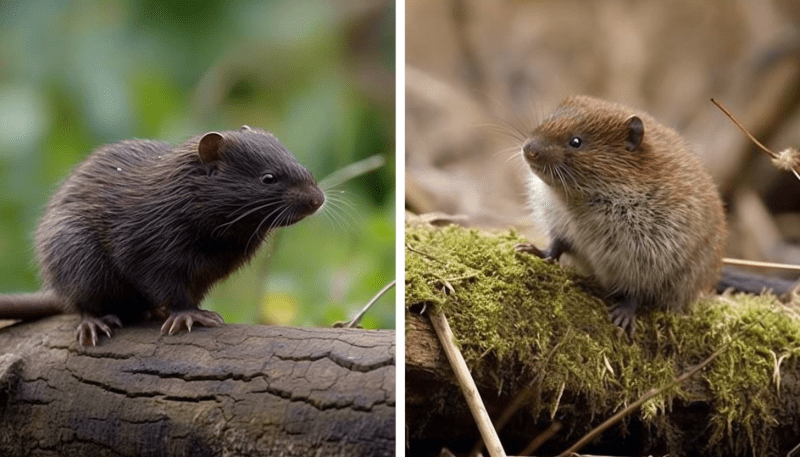Dealing with flies in your yard can be a total drag, but there are some straightforward tips you can follow to keep those pesky bugs at bay. Let’s dive into a few tried-and-true methods that are easy to implement!
1. Keep it Clean: Flies are attracted to food scraps and trash. Regularly empty your garbage cans and clean up any spills or crumbs outside. If you have a compost pile, make sure it’s well-managed and covered to minimize odors that attract flies.
2. Use Natural Repellents: Certain plants and herbs act as natural fly repellents. Consider planting basil, lavender, or mint around your yard. Not only do they add a lovely scent, but they also help keep flies away!
3. Set Up Traps: There are plenty of effective traps you can make at home. A simple vinegar trap can work wonders. Just fill a bowl with apple cider vinegar, cover it with plastic wrap, and poke a few holes in the top. Flies will be drawn in and won’t be able to escape.
4. Create a Breeze: Flies don’t like wind, so setting up fans or wind chimes can help. If you have a patio, a small fan can keep the air circulating and deter flies from hanging around.
Quick Solutions for Indoor Fly Control
If you’ve got a fly problem indoors, don’t worry! There are plenty of quick fixes that can help you regain control of your space. Here are some tried-and-true solutions to keep those pesky flies at bay.
1. Fly Traps
Using sticky fly traps is one of the easiest ways to catch flies. Just hang them where you see the most activity. They’re inexpensive and super effective, plus they don’t involve any chemicals, making them a safe choice for homes with kids or pets.
2. Essential Oils
Flies hate the smell of certain essential oils like peppermint, eucalyptus, and lavender. Mix a few drops with water in a spray bottle and spritz around your home. Not only will it help repel flies, but your space will smell amazing too!
3. Clean Up Food Sources
Flies are drawn to food, so keeping your kitchen and eating areas clean is key. Make sure to store food in sealed containers, take out the trash regularly, and wipe down surfaces. This small effort can go a long way in keeping flies away.
4. DIY Fly Repellent
You can also make a simple fly repellent with vinegar and dish soap. Combine equal parts apple cider vinegar and water, then add a drop of dish soap. Pour it into a bowl and set it out. The smell attracts flies, but the soap traps them—bye-bye, flies!
Best Fly Repellents for Your Home
When summer rolls around, flies seem to be everywhere. They buzz around and can quickly turn a nice afternoon into a frustrating experience. Fortunately, there are some fantastic fly repellents that can help you keep your home and yard fly-free. Let's dive into some of the best options!
1. Essential Oils
2. Vinegar Solutions
3. Fly Repellent Sprays
With these easy-to-find fly repellents, you can enjoy your time at home or in the yard without pesky flies buzzing around. Whether you're going for oils, vinegar traps, or sprays, there's a solution that fit your style and keeps those bugs at bay!
Attracting Helpful Wildlife to Your Yard
Creating a yard that attracts helpful wildlife is a fantastic way to naturally keep pests like flies at bay. Friendly creatures like birds, bats, and beneficial insects all play a role in keeping your outdoor space healthy and clean. Plus, it’s an enjoyable way to connect with nature right in your own backyard!
Start by planting flowers and herbs that attract pollinators. Bees and butterflies are not just pretty to look at; they also help your plants thrive. Consider adding:
Don’t forget about creating safe hiding spots and nesting areas. Installing a birdhouse or bat box can invite these furry and feathered friends to your yard. Birds will help snack on pesky insects, while bats are excellent at keeping the fly population down. Just make sure you place these homes in quiet spots where they feel secure.
Another tip is to include a small water feature, like a birdbath or small pond. Water sources attract wildlife and provide them with a spot to cool off, drink, and relax. This can create a lively environment, making your yard a hub for beneficial wildlife to thrive.



